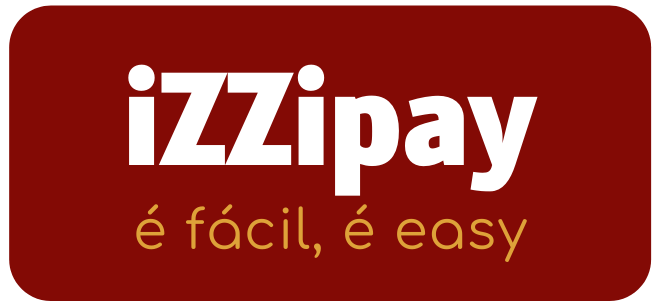M&A Deals in the Netherlands
What Dutch laws and regulations apply to M&A deals?
In the Netherlands, there are no specific M&A statutes or codes. Parties are free to determine their own acquisition rules. This may include provisions on due diligence, knowledge qualifiers, and confidentiality. Particularly, for financial sector businesses with a registered office in the Netherlands as well as specific rules that are contained in the Merger Code and the Public Takeover Bid Decree.
Typically, M&A transactions in the Netherlands are in the form share deals (i.e. acquisitions of shares) and legal mergers and demergers are possible (where the assets and liabilities of a business cease to exist and is acquired by another company). If the public sector is involved in an M&A deal is involved, Dutch law on works councils or (in absence of the body) the laws from the country of incorporation govern the procedure.
Individual shareholders, whether they have either a M&A deal majority or minority stake in the target company, are entitled to certain rights under Dutch law and the company’s articles of association. The target board is obligated to provide all shareholders with sufficient information on the M&A transaction in order to make an informed decision. If the target board fails in this regard, the individual shareholders can stop a transaction from taking place.
The typical legal due diligence work streams (although the precise scope of this work will often depend on the agreed M&A scope, the business of the target, and the structure of the deal) include commercial contracts (customer distributor, supplier and agreements) as well as financing agreements (bank and shareholder loans), real estate (owned and leased) IP, pension and employment issues. Compliance issues, such as anti-bribery, corruption and money laundering as well as data protection, are important to be addressed.

Deixe um comentário